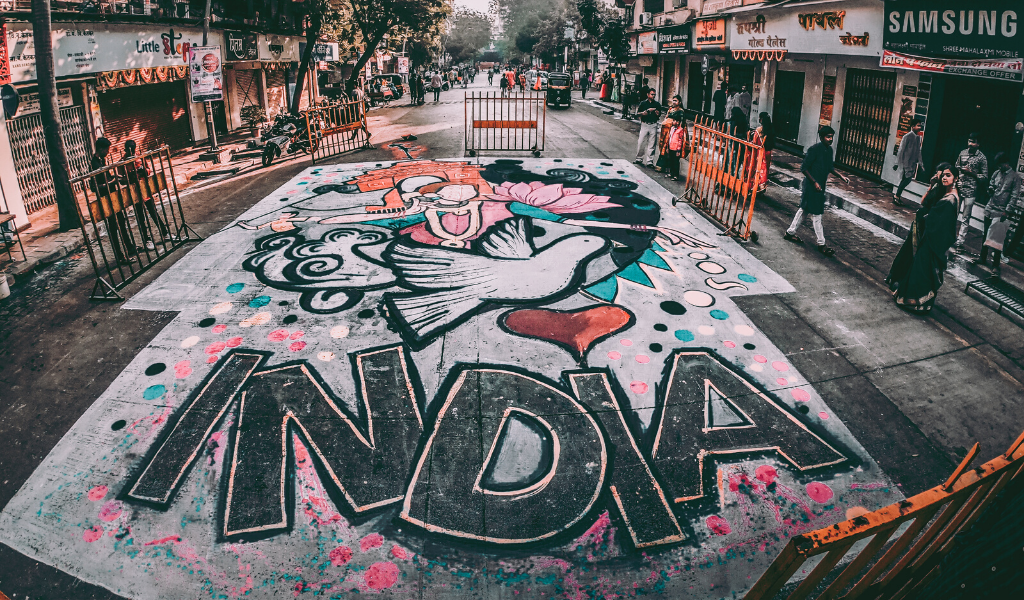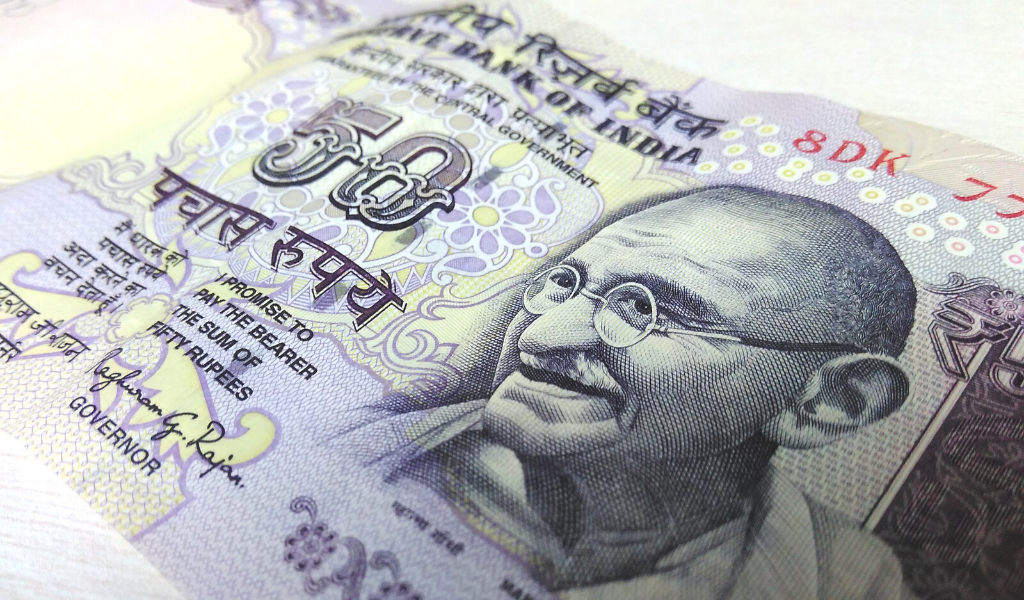I’m a massive fan of Indian real estate investment – I think the potential is amazing. Property prices are still low, and the economy is expected to grow at 7% per year. The population is young and highly educated, and the country is in the middle of a construction boom. The transformation from a 3rd world to a 1st world country is happening, and real estate investors are making a lot money.
With this opportunity, investors often ask – how best to finance my property purchase? In this area, India isn’t as developed as advanced countries. However, there are still many options if you want to invest in Indian real estate. In this article, I cover the best options for financing Indian real estate purchases.
If you’re trying to educate yourself, then I recommend these articles I’ve written:
-
What documents do you need to buy property in India?
-
Why invest in Indian real estate? It’s an historic opportunity
-
How to invest in Indian Real Estate. A step by step guide
-
How to manage a property investment in India
If you’re interested in buying real estate in Mumbai, then I offer an end-to-end service for foreign investors. I’ll provide access to my network of estate agents, solicitors and property managers on the ground. These are people that I‘ve worked with and trust, and are used to dealing with foreigners. I also provide advice and guidance on strategy. If you want to find out more, then go this this page and book a free call.
Don’t forget to follow me on Twitter and sign up to my email list. Get notified of all my new content.
In developed nations, most real estate is purchased with a mortgage. I grew up in the UK, and own a lot of real estate there. Every property I’ve purchased has involved a mortgage or bridging loans. If you want to find out more about the UK property market, then I have dedicated pages on this website, with tons of free education.
India isn’t yet a developed nation, and that brings lots of opportunities for property investors. One downside however, is that the mortgage market isn’t as developed as in the west. There are mortgages available for property purchases, but its very unlikely that you’ll use one. The main features of Indian mortgages are as follows:
- Mortgage rates are high, on average they’re about 9%
- You can only borrow money if you have income in India. Foreign income is not accepted
- There’s no such thing as expat mortgages for NRIs or OCIs
- There’s no interest only mortgages. You need repay interest and capital
- There’s no specialist mortgages for real estate investors. The same products are provided to owner occupiers
- Your mortgage repayments can be netted against your Indian wages, and reduce your tax liability. This is useful for locals
The fact that mortgage rates are around 9%, means that repayments are very high. For property investors, it means that you’ll be making a loss on day 1. This is why most investors don’t use mortgages from Indian banks.
Given the high rates, it may surprise you to learn that mortgages are still very popular with locals. I worked at the JPMorgan office in Mumbai for 2 years, and all of my colleagues used a mortgage to fund their property purchase. I had colleagues that were paying 75% of their salary in mortgage repayments! One reason for this is that they can net their mortgage repayments against their wages, and reduce their income tax liability.
Personally, I thought my colleagues were insane! They have tied a financial noose around their necks for the next 25 years, and made themselves a slave to their job. I set up Evolution Blogger to help people achieve financial freedom – and this is the exact opposite of that! In recent years, many Indians have seen their property dream turn into a nightmare. Many distressed sellers are coming to market, as they can’t afford the home loans they’ve taken out.
If you want to find out more about my story, then check out the About Me page.
Taking out a home loan in India is a bad idea. However, if you own real estate abroad, taking out a loan can a great way to invest in real estate in India.
Borrowing against foreign property is the most popular way for foreigners to fund purchases in Indian real estate. I’ve done this myself. There was a time that I was paying 1.14% on my mortgage in the UK – so borrowing at this rate was clearly a good idea.
Given the growth potential of property in India, this is an excellent way to fund a purchase. Also, don’t forget that Indian real estate prices are still very low, so it’s easier to borrow enough money.
This is another method I’ve used to invest in real estate in India. I took out a personal loan in the UK at 3.6%, and used the money to purchase a property in India. Because property prices in India are very low, it’s often possible to borrow enough money via a personal loan.
If you’re lucky enough to have your own funds, then you can use this money to invest in real estate in India. This is obviously the best way to invest in Indian property, as you don’t have a loan to service.
This is great idea, as the growth potential of Indian real estate is far higher than real estate in developed countries.
If you read my step-by-step guide on how to buy a property in India, you’ll see that I recommend to work with professional estate agents. One reason for this is that local estate agents often ask buyers to make part of the payment in cash, and not declare it to the Government. This means that half of the payment will be made via bank transfer and the other half will be a suitcase of rupees to the seller!
The reason for this is that the seller can declare a lower sale value to Government, and pay less Capital Gains Tax. The seller will often offer a discount for purchases made like this.
It won’t surprise you to hear that this is a very bad idea and also illegal. Carrying around a suitcase of money is a very risky proposition, and if anything goes wrong, there’s nothing you can do.
This is why I heavily recommend to use a professional estate agent to find real estate in India. You want to work with someone that speaks good English, and is used to dealing with foreigners. In truth, this disqualifies most Indian estate agents. If you know someone in India, then you should ask them for recommendations.
If you need help, then you can utilise my service to help foreigners buy property in India. I have a network of professionals that I work with and trust. They are all highly skilled and are used to dealing with foreigners.
Funding a property purchase in India is different to developed countries. However, there are still some great methods you can use! In this article I’ve given the most popular methods that people use to fund a property purchase in India.
Let me know what you think of my article in the comments below. Have I left anything out? How did you invest in Indian real estate?!












OxxpUEgU